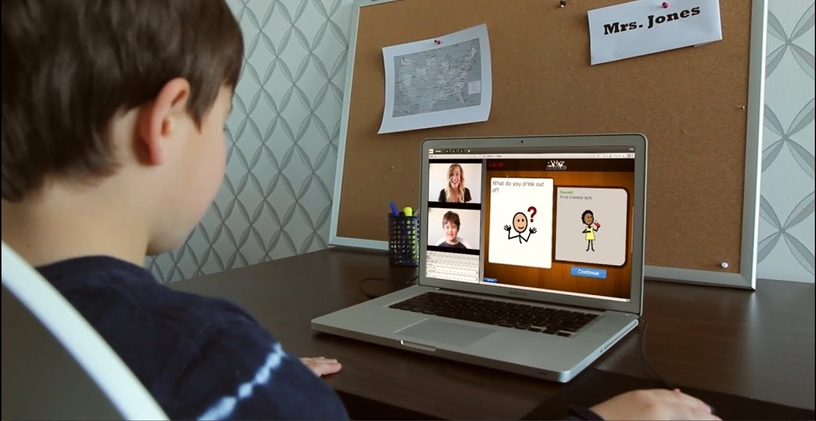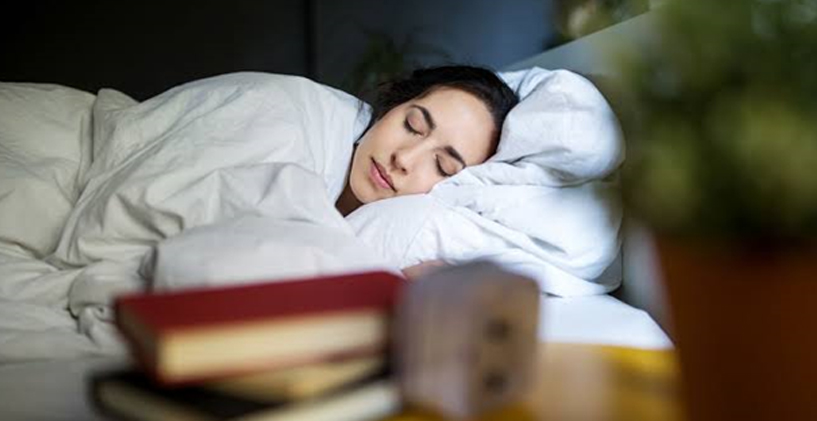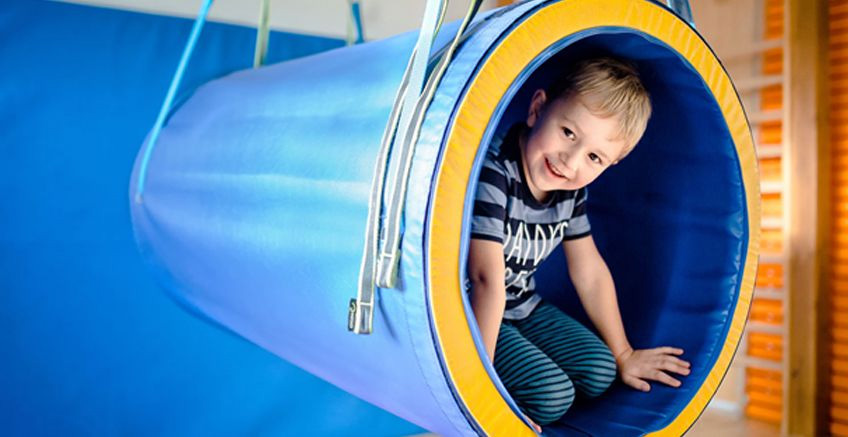Trichotillomania (Hair-Pulling Disorder)

An evaluation to determine if you have trichotillomania (Hair-Pulling Disorder) may include;
- Examining how much hair loss you have
- Asking questions and discussing your hair loss with you
- Eliminating other possible causes of hair pulling or hair loss through testing determined by your doctor
- Identifying any physical or mental health problems that may be associated with hair pulling
- Using the diagnostic criteria in the Diagnostic and Statistical Manual of Mental Disorders (DSM-5), published by the American Psychiatric Association
Treatment
Research on the treatment of trichotillomania is limited. However, some treatment options have helped many people reduce their hair pulling or stop entirely.
Therapy
Types of therapy that may be helpful for trichotillomania include:
- Habit reversal training. This behavior therapy is the primary treatment for trichotillomania. You learn how to recognize situations where you’re likely to pull your hair and how to substitute other behaviors instead. For example, you might clench your fists to help stop the urge or redirect your hand from your hair to your ear. Other therapies may be used along with habit reversal training.
- Cognitive therapy. This therapy can help you identify and examine distorted beliefs you may have in relation to hair pulling.
- Acceptance and commitment therapy. This therapy can help you learn to accept your hair-pulling urges without acting on them.
Therapies that help with other mental health disorders often associated with trichotillomania, such as depression, anxiety or substance abuse, can be an important part of treatment.
Medications
Although no medications are approved by the Food and Drug Administration specifically for the treatment of trichotillomania, some medications may help control certain symptoms.
For example, your doctor may recommend an antidepressant, such as clomipramine (Anafranil). Other medications that research suggests may have some benefit include N-acetylcysteine (as-uh-tul-SIS-tee-een), an amino acid that influences neurotransmitters related to mood, and olanzapine (Zyprexa), an atypical antipsychotic.
Talk with your doctor about any medication that he or she suggests. The possible benefits of medications should always be balanced against possible side effects.
Coping and Support
Many people with trichotillomania report feeling alone in their experience of hair pulling. It may help to join a support group for people with trichotillomania so that you can meet others with similar experiences who can relate to your feelings.
Ask your doctor or mental health professional for a recommendation or consider searching online for a trichotillomania support group.
Preparing for Your Appointment
Seeking help is the first step in treating trichotillomania. At first you may see your primary care doctor or a dermatologist. He or she may refer you to a mental health professional.
What You Can Do
Before your appointment make a list of;
- All the symptoms you’re experiencing, even if they seem unrelated to hair pulling. Trichotillomania can cause both physical and psychological symptoms. Note what triggers your hair pulling, how you’ve tried to deal with the problem, and factors that make it better or worse.
- Key personal information, including any major stresses or recent life changes and whether hair pulling runs in your family.
- All medications, vitamins, herbs or other supplements that you’re taking, including the dosages and how long you’ve been taking them.
- Questions to ask your doctor to make the most of your appointment time.
Questions to ask your doctor may include:
- What might have caused me to develop this disorder?
- How do you diagnose this condition?
- Is this something that will go away on its own? Is there anything I can do on my own to improve my symptoms?
- What treatments do you recommend?
- If I decide to take medications, how long will it take for my symptoms to improve?
- What are the side effects of the medications you’re recommending?
- How much improvement can I realistically expect if I follow your treatment plan?
Don’t hesitate to ask other questions during your appointment.
What to Expect From Your Doctor
Your doctor will likely ask you a number of questions. Be ready to answer them to reserve time to go over any points you want to focus on. Your doctor may ask:
- When did your hair pulling first start?
- Have you tried to stop pulling your hair? What was the result?
- Are there times or situations that are likely to trigger your hair pulling?
- What feelings do you have before and after you pull your hair?
- From where on your body do you pull hair?
- Do you bite, chew or swallow the hair?
- How has your hair pulling affected your work, school or social life?
- Have you had treatment (medication or therapy) for hair pulling or other emotional issues?
References
This article is written by the Mayo Clinic Staff. You can find the original text here.







